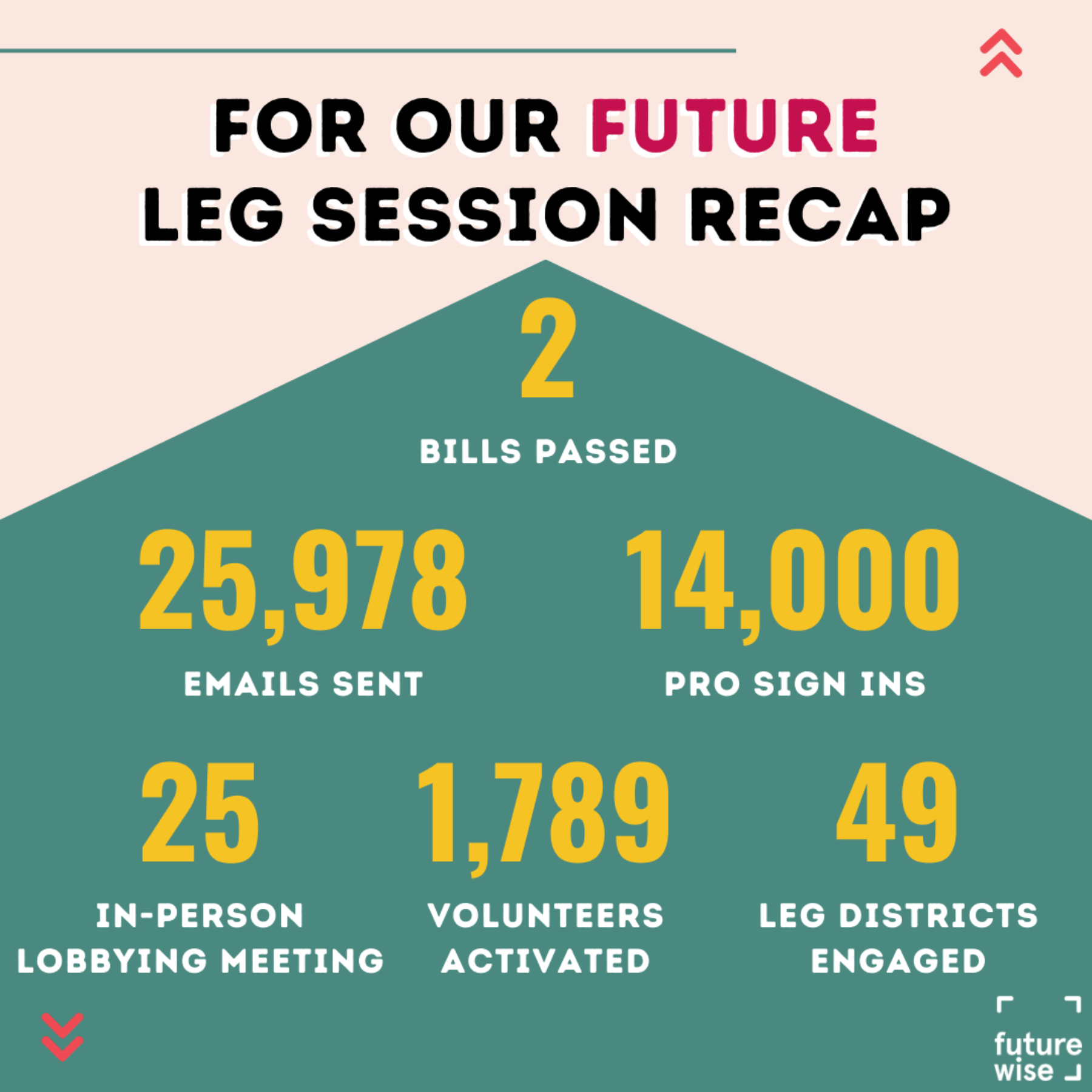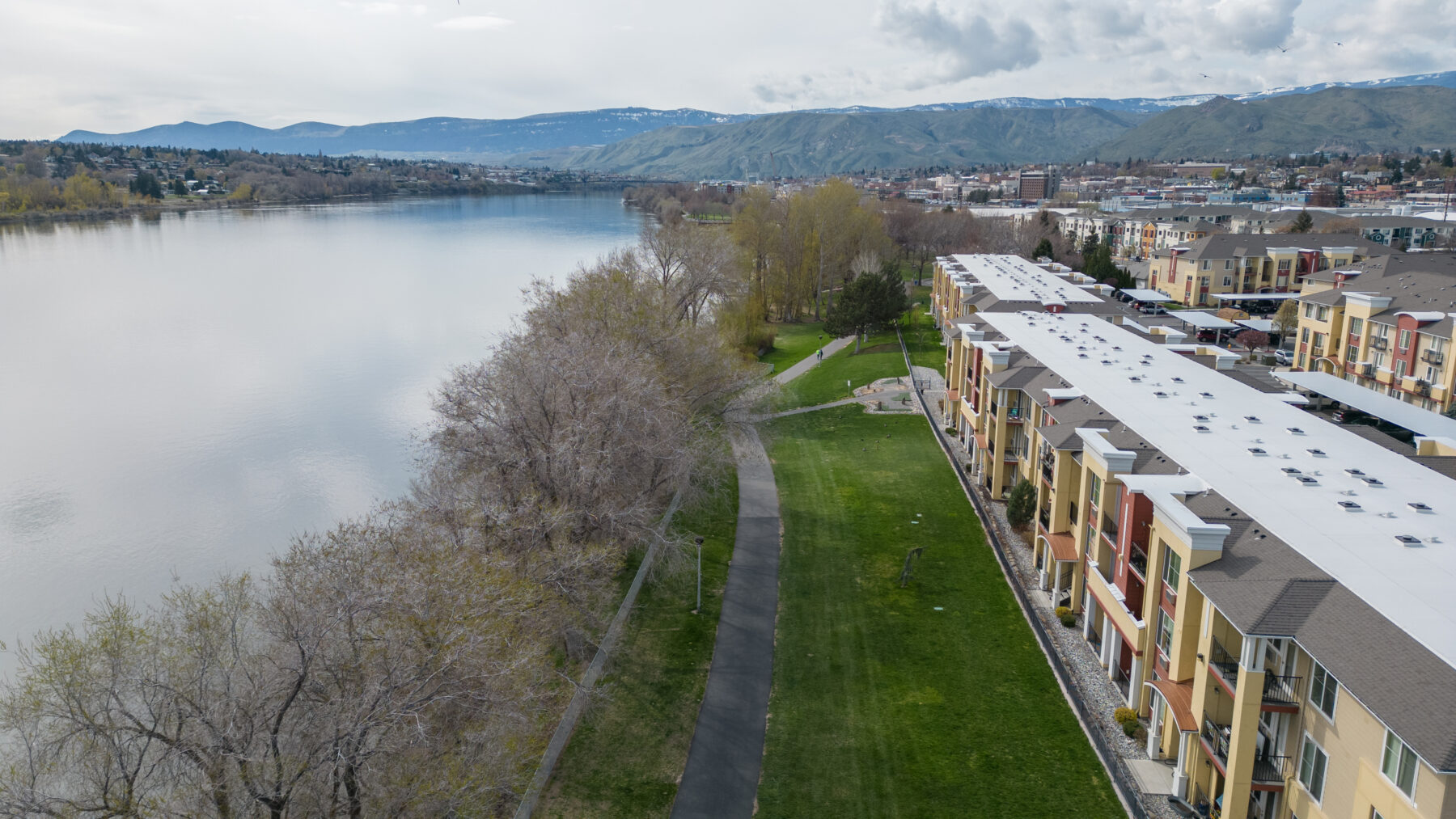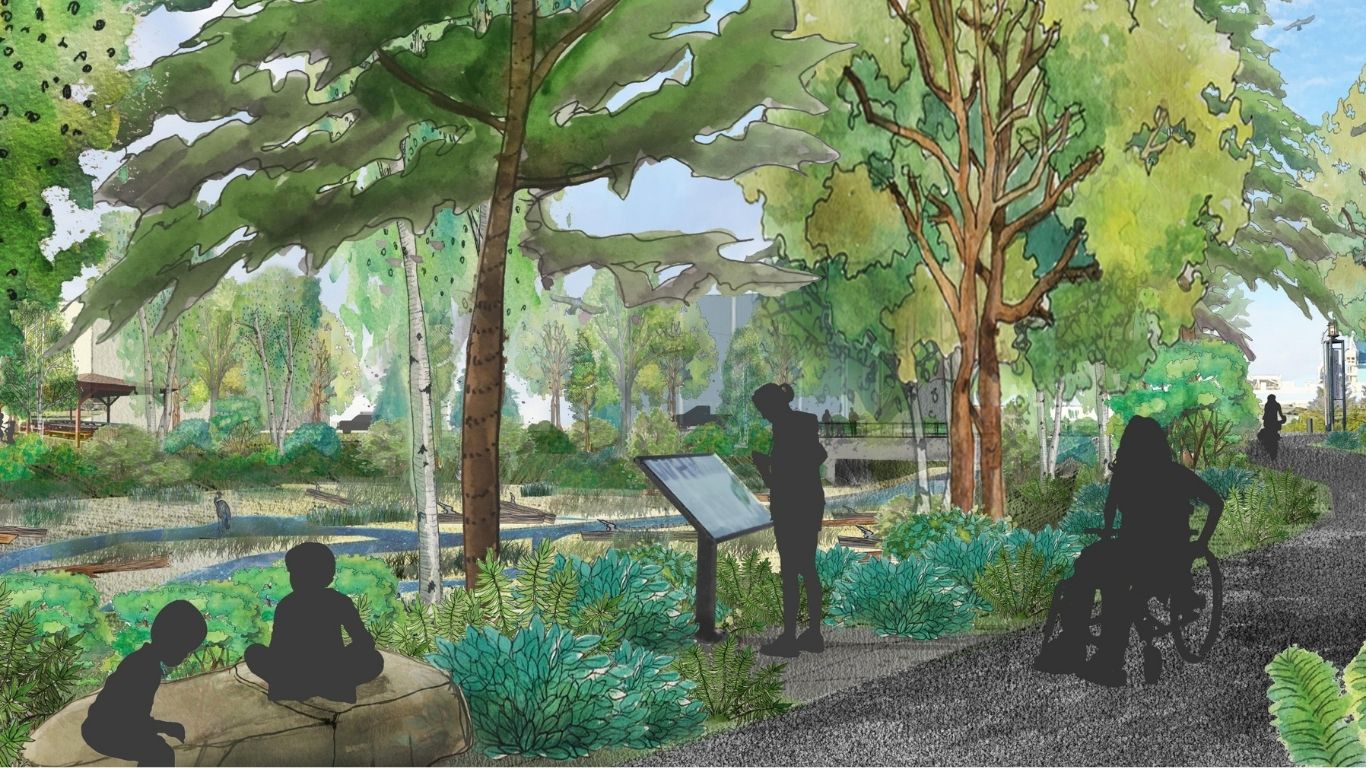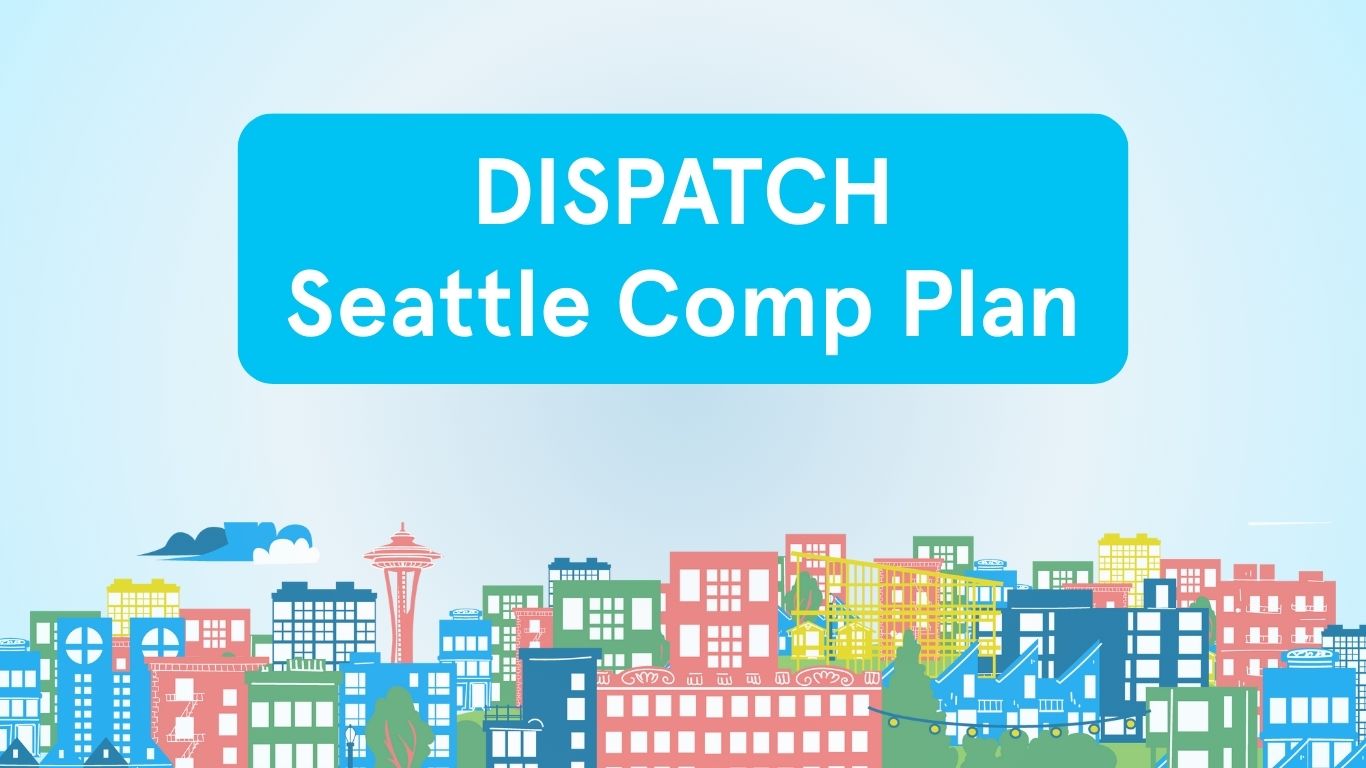2023 Legislative Wrap-Up!
Wow wow folks, we made it! And unlike 2022’s nail biter, this session was relatively smooth sailing to the finish line. We’re so grateful to have had you on our team for the past four months, and even more thrilled to be celebrating some BIG victories with you this year.

HB 1110 – Middle Housing
HB 1110 will allow fourplexes or duplexes in most neighborhoods in most cities across Washington state.
- In cities of 75,000 people or more, fourplexes will be allowed throughout the city. Sixplexes will be allowed if they are located within a quarter-mile of a major transit stop, or if two of the six units are affordable housing.
-
In cities of between 25,000 and 75,000, duplexes will be allowed almost everywhere and fourplexes are allowed if they are within a quarter-mile of a major transit stop or if one of the four units is affordable.
-
In cities of less than 25,000, duplexes will be allowed everywhere.
-
In all cities, these zoning changes will not apply to environmentally critical areas.
The final budget includes $2.325 million in funding for the Department of Commerce to develop model housing ordinances, and to provide technical assistance to cities.
HB 1181 – Climate in the Growth Management Act
HB 1181 makes sure we’re planning for a climate resilient future. The bill will:
-
Ensure that Washington’s 11 largest counties (King, Pierce, Snohomish, Spokane, Clark, Thurston, Kitsap, Yakima, Whatcom, Benton and Skagit) are planning to reduce greenhouse gas emissions from vehicles miles traveled, which will be achieved, in part, through promoting new housing development in our communities served by transit.
-
Ensure that all Washington communities are planning for climate hazards (like wildfires, drought, and sea-level rise) and ensuring community resiliency, especially among our most vulnerable populations.
-
Embed a definition of environmental justice into the Growth Management Act.
In addition to passing HB 1181, we crucially secured $44 million in the biennial budget to implement the bill. 🥳
While SB 5466 (our transit-oriented development bill) didn’t make it past the finish line, we’re thrilled to share that we did secure $25 million in funding for TOD projects across the state.
Here’s what we won in the budget for Transit-Oriented Development:
-
$25 million in state grant awards (plus a $25 million match from Amazon) for transit-oriented development projects
-
State agencies, local governments, and nonprofit or for-profit housing developers are eligible to receive funding. Funding can go toward capital or infrastructure costs, or toward addressing funding gaps that are preventing projects from being completed.
-
Eligible projects must build at least 100 units of housing, and at least 10% of those units must be affordable to households making 80% or less of the area median income.
-
The grant requirements also prioritize projects that abide by anti-displacement measures, have family-size units, and have the largest number of units affordable to households at 60% AMI or less.

What does this mean for me and my neighborhood?
This new legislation comes at a critical time for Washington communities: between 2024-2027, the entire state will be updating their comprehensive plans. These updates ensure that we’re setting our state up for success for the decades to come. But what will these new policies look like on the ground? Let’s look at a few examples:
-
Let’s say you live in a mid-size or larger city in Washington, like Yakima, Federal Way, Pasco or Bellingham. Under HB 1110, fourplexes are now legal everywhere in your city, and sixplexes are legal near major transit stops, or if two of the units are affordable housing. In a place like Federal Way that is getting a new light rail stop, you’ll probably start to see some blocks near the light rail get new six-plexes. You might start to see empty lots get developed into four-plexes, adding new, more affordable options for young couples looking to start a family, or for retirees to downsize.
-
What about if you live in a smaller community, like Centralia, Ellensburg or Snohomish? In these towns of 25,000 or less, duplexes are legal everywhere in town. Over time, you’ll probably start to see some of your neighbors decide to convert their garage apartment or mother-in-law unit into a duplex. You might decide that’s a great option for you and your family, or for you and some friends to be able to live closer together.
-
Everywhere in the state will be thinking more about climate change. So if you’re out on the coast, say in Aberdeen, you’ll see over time that your community is planning proactively for sea level rise, by siting new development farther back from the coastline. Or if you live in wildfire country, like out in Wenatchee, your community will be better protected by fire by ensuring that new development is focused in town, not in wildfire zones. In fact, you’ll probably start to see that some of that new in-town development takes the form of duplexes and fourplexes!
-
We’ll also start to see more development near transit stops, and communities that are making it easier and safer to walk and bike – all in an effort to reduce our greenhouse gas emissions. In places like Vancouver, Bremerton or Yakima, we’ll see new apartment buildings go up near transit stops, making it easier for people to get where they need to go without a private car. Many of these new projects will include units that are set aside to be more affordable options.
What’s Next: Comprehensive Plan Updates
For the past four years, we’ve been organizing with you to update our state’s planning framework, to ensure that we’re thinking ahead for Washington’s future. Now that we’ve won some big changes on that front, we’re looking ahead to how we’ll operationalize those updates on the ground.
Between 2024-2027, every city and county that plans under the Growth Management Act will be updating their comprehensive plans. For over 30 years, Futurewise has been your watchdog and steward of the GMA, and for the next four years, we’ll be doing what we’ve long done best: working proactively with local governments to shape comprehensive plans, engaging with community members to educate and advocate, and filing legal appeals where necessary to bring comp plans into alignment with the GMA. Stay tuned for updates about how you can get engaged with the comprehensive plan process in your community!


